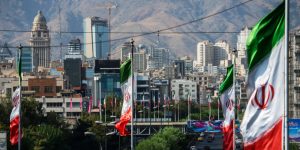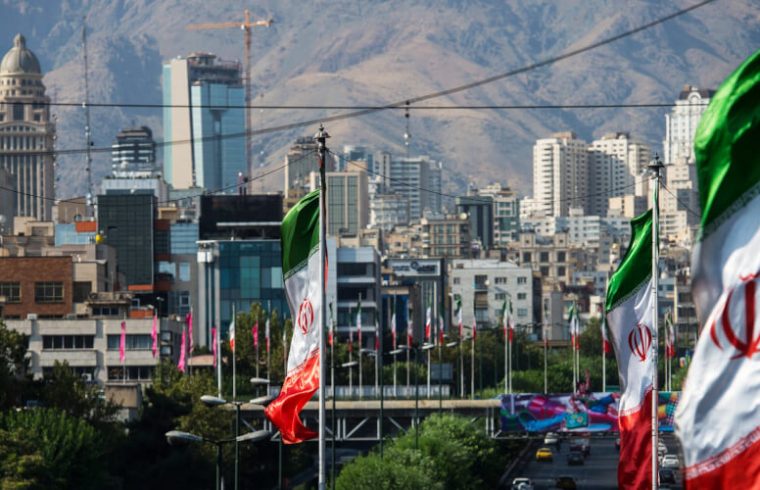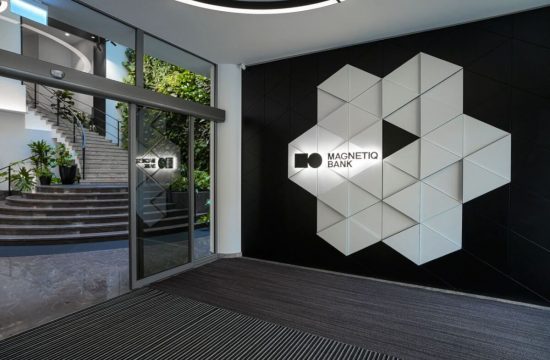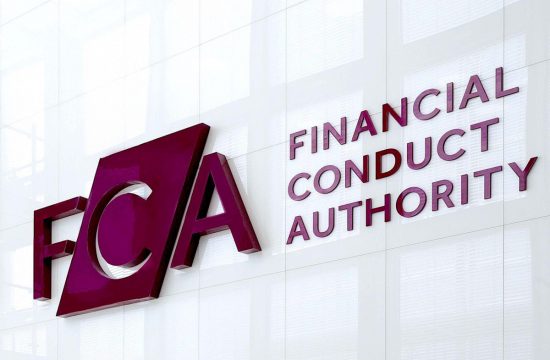Iran courts have ordered the country’s Organization for Collection and Sale of State-Owned Property (OCSSOP) to return thousands of seized crypto mining rigs.

The government body has already started to return to miners some of the devices seized in raids on illegal crypto farms, local media reported.
“Currently some 150,000 crypto mining equipment are held by the OCSSOP, a large part of which will be released following judicial rulings. Machines have already been returned,” said Abdolmajid Eshtehadi, the head of Iran’s Ministry of Economic Affairs and Finance.
Iranian authorities announced the seizure of nearly 10,000 underground cryptocurrency mining devices over the last five months. The inspectors in different districts of the Iranian capital have also shut down tens of illegal mining farms.
Interestingly, many of these unauthorized cryptomining units were reportedly discovered in public locations, such as schools and mosques, that receive free or heavily-subsidized electricity.
Earlier in 2022, the Iranian government ordered licensed cryptocurrency miners to temporarily shut shop due the extreme summer taking a toll on the country’s power grid during the hot months.
Tavanir, the Iran Power Generation, Distribution and Transmission Company, told authorized rigs to halt the energy-intensive mining of cryptocurrencies until further notice as the country faces major power outages in many cities.
Nevertheless, the state electricity company warned that illegal cryptocurrency mining in Iran accounts for nearly 85% of the industry’s consumption. As such, officials regularly accuse unlicensed operators of using vast amounts of electricity, draining more than 2GW each day and causing 20 percent of power blackouts nationwide.
According to industry estimates, around five percent of global BTC mining is taking place in the Islamic Republic. The flourishing industry allowed Iran it to earn hundreds of millions of dollars from selling cryptocurrencies, which were used to mitigate the impact of Western sanctions.
While crypto miners are getting pushed out of many countries, the power-hungry industry in the Islamic Republic got the green light to legally operate. Iran was among the first countries in the world to recognize cryptocurrency mining in 2019. Since then, the country has established a licensing regime that requires miners to have a licence, identify themselves, pay a higher tariff for electricity, and to sell their mined bitcoins to the government.
Although mining bitcoin was less profitable again, recently the business has become more expensive due to a bidding war for mining equipment. Bitcoin mining is a very competitive industry as miners worldwide are verifying transactions while securing the network for economic incentives.











